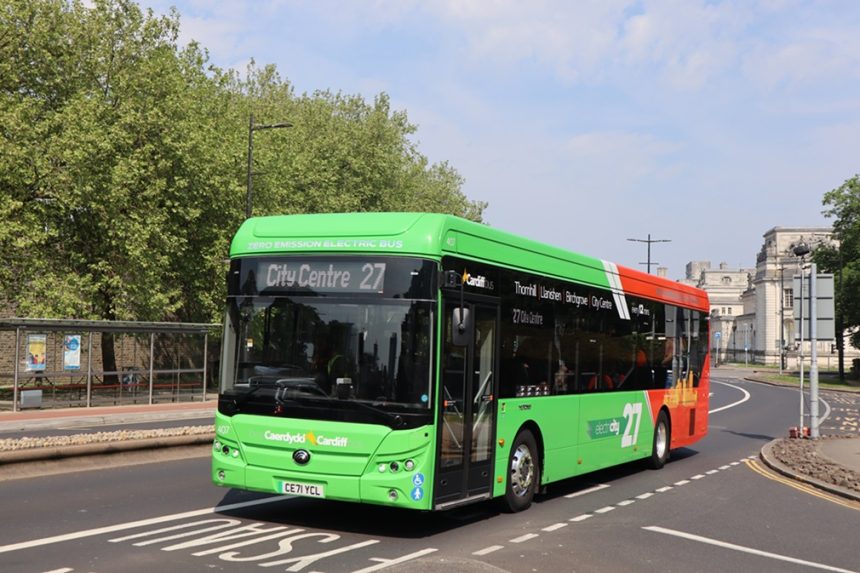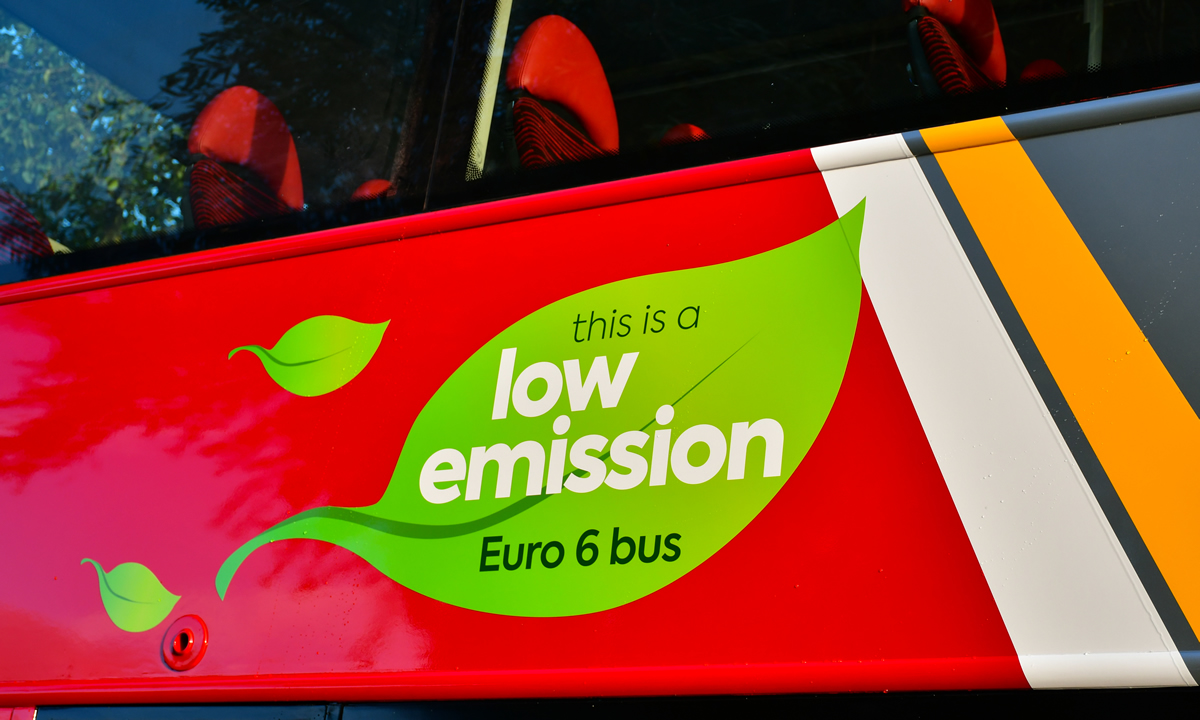Sometimes it can be important and helpful to step back from the fray a little to look at the big picture context and the drivers behind major changes or transitions.
It is obvious that the net-zero agenda in the UK (and elsewhere) has been facing headwinds that might encourage some of the more sceptical among our community to think this could be a moment to take our metaphorical foot off the accelerator.
Accession of the Trump administration in the United States has unleashed a blaze of anti-climate change rhetoric that has emboldened some politicians in other countries to ramp up hostility to the net-zero agenda.
In the UK, the Reform party, beneficiary of the recent local elections in England, has been working hard to make net-zero a culture war issue, and even the Conservatives, under whose auspices net-zero legislation was introduced, now have a leader opposed to accelerating climate action.
There has been a lot of noise about all of this, of course. But it is important to look past the headlines.
A wide range of recent, peer-reviewed surveys show remarkable public support for net-zero policies worldwide. They reveal that between 80-89% of the public want their governments to take stronger climate action.
Newsrooms in the UK and around the world are joining forces in the ‘89% project’ to highlight the fact that the vast majority of the globe’s population want faster action on climate.
A recent survey by the Energy and Climate Intelligence Unit, carried out in the week of the local elections, found that even 54% of Reform voters support “policies to stop climate change and put in place targets accordingly to keep the UK on track.”
A recent global poll by Savanta showed that there is also overwhelmingly strong backing from business leaders for the net-zero agenda.
It found that an extraordinary 97% of them support the transition from fossil fuels to renewable energy sources and that these leaders also recognise the critical importance of renewable energy to energy security, economic growth, and long-term competitiveness.
Against this polling backdrop, it is hardly surprising, then, that the UK’s Labour government is promising to maintain and strengthen its efforts on climate.
At a recent international conference, Keir Starmer said that “homegrown clean energy is in the DNA of my government,” making clear how his administration believes that clean energy and the transition is a central element of the UK’s economic future.
Considering only the background ‘noise’, it might perhaps be tempting for some to consider relaxing the drive to decarbonise their vehicle fleets.
But with the UK bus sector in the lead in the net-zero transition versus its European peers, it is vital to look beyond the headlines and to make sure that we capitalise on this advantage rather than risk losing it.
Now is not the time to hesitate. The transition to net-zero is a legal obligation. The public and business leaders overwhelmingly support it, and we have a government in office for the next four years (at least) that knows this and has made it central to economic strategy.
We need to step on the accelerator and build on the great work the bus sector has achieved so far.



























